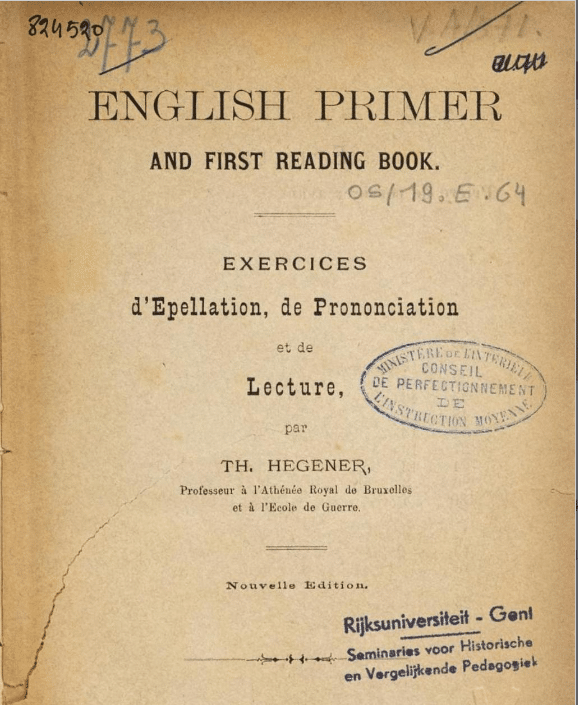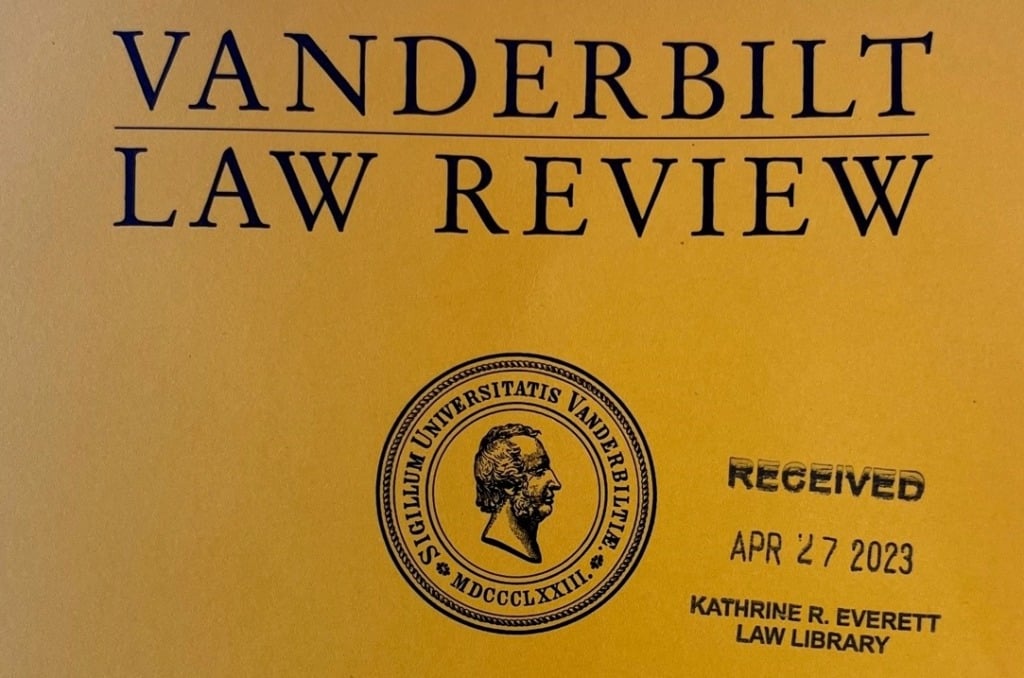Forum Selection Clauses and Subject-Matter Jurisdiction
The forum selection clause is the Swiss Army Knife of transnational litigation. It may be used to obtain personal jurisdiction over a defendant who otherwise lacks any connection to the chosen jurisdiction. It may supply a reason for dismissing a case filed in a jurisdiction other than the one named in the clause. It may be deployed to…
Continue ReadingThree Questions for the Ninth Circuit in Antrix
The Supreme Court’s recent decision in CC/Devas (Mauritius) Ltd. v. Antrix Corp. Ltd. represents a minimalist response to a narrow question embedded in a procedural labyrinth. As Ingrid Brunk noted on TLB, the Court resolved no significant issue, but rather corrected an obvious mistake by the Ninth Circuit. However, the case bristles with potential. Depending…
Continue ReadingInterpreting Choice-of-Law Clauses Waiving Sovereign Immunity
The Foreign Sovereign Immunities Act provides that a foreign state shall not be immune if it has “waived its immunity either explicitly or by implication.” Over the past forty years, U.S. courts have consistently held that a choice-of-law clause selecting the law of a U.S. state constitutes an implied waiver of foreign sovereign immunity. In…
Continue ReadingA Primer on Service-of-Process Clauses
A service-of-process clause is a contract provision that specifies how a summons and a complaint shall be served upon a person named as a defendant in a U.S. court. This post surveys the issues presented by such provisions. It first discusses the three most common varieties: (1) those that specify a method by which process…
Continue ReadingD.C. Circuit Limits Jurisdiction over Foreign States in Breach of Contract Claims
Circuit courts have split on the issue of what is required for a breach of contract to have a “direct effect” in the United States for the purposes of the Foreign Sovereign Immunity Act (FSIA) (a primer on foreign sovereign immunity is available here). Rulings in the Seventh and Eleventh Circuits impose a “place of…
Continue ReadingWaiving Choice of Law
When I teach Conflict of Laws, I tell my students that they must always perform a choice-of-law analysis when there is a conflict between the laws of two jurisdictions. This is sound advice for doing well on the final exam. It is not, however, strictly true. In fact, litigants waive this issue all the time….
Continue ReadingNew Scholarship on the Hague Service Convention
Thomas G. Vanderbeek recently published a note in the Vanderbilt Law Review that considers whether and to what extent parties should be permitted to “contract around” the Hague Service Convention (HSC). The conventional wisdom holds that the best way to avoid the HSC is to appoint a local agent to receive service of process. Once…
Continue ReadingThe FSIA “Two Step”—Venue in Enforcement Actions Against Foreign States
When a party holding a foreign judgment or arbitral award wants to enforce the judgment or award against assets in the United States, it normally brings an enforcement action in the jurisdiction where the assets are located. But when the judgment debtor is a foreign state, the venue provision of the Foreign Sovereign Immunities Act…
Continue Reading






